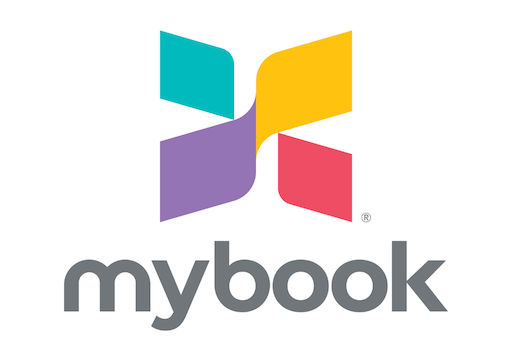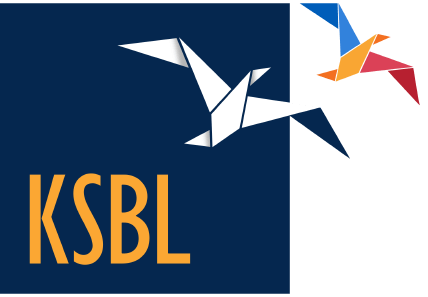Tell Digital Marketing Requirement: Essential for Success
When businesses embark on the journey of digital marketing, it’s often the complexities of the digital landscape that can leave them feeling overwhelmed. To truly stand out and succeed, companies must tell digital marketing requirement as client and define their expectations clearly. This dual approach—understanding both requirements and expectations—can set the stage for a fruitful partnership between a client and a digital marketing agency.
Understanding Client Requirements in Digital Marketing
At its core, effective digital marketing begins with understanding what clients actually need. Every business is unique, with its own set of goals, challenges, and target audiences. For instance, a local bakery might prioritize social media engagement to draw in foot traffic, while a SaaS company might focus on lead generation through paid advertising. As such, the first step in outlining digital marketing requirements is to conduct a thorough needs assessment.
1. Set Clear Goals: What do you want to achieve? Whether it’s increasing brand awareness, driving web traffic, or boosting sales, having measurable goals in mind is crucial. A real-world example comes to mind: consider a startup that wanted to gain traction quickly. By setting a clear objective—like generating 1,000 leads within the first quarter—they could align their digital marketing strategies around that goal.
2. Identify Target Audience: Understanding who your audience is forms the backbone of any digital marketing strategy. A client should specify demographics, psychographics, and any relevant behavior patterns. For instance, again looking at our bakery, their audience might be young professionals who value artisanal products. The more detailed this picture is, the more effective the campaign’s targeting will be.
3. Define Budget and Resources: Budget constraints shape the scope and scale of your marketing efforts. Being transparent about what you can afford helps agencies propose suitable strategies. If a client has a limited budget, digital tactics like SEO and content marketing can yield long-term benefits without high upfront costs.
4. Specify Preferred Communication Channels: Is your business more focused on social media, email marketing, or SEO? Your preferences can significantly influence the direction of the digital strategy. Establishing a consistent communication style and frequency also helps build trust between the client and the agency.
Collaborating with Digital Marketing Agencies
Once the requirements are clear, the next step involves collaborative planning. This is where clients can truly tell digital marketing requirement as client and foster a sense of partnership with their agencies:
1. Regular Check-Ins: It’s essential to have frequent touchpoints to assess progress and adjust strategies as needed. Think of it as a fitness journey: if you don’t check in on your progress and tweak your regimen, you might end up off track.
2. Share Analytics and Feedback: Clients should feel empowered to share their thoughts and insights based on analytics. If a particular social media post resonates more than others, discussing those results can help refine future campaigns and foster a sense of teamwork.
3. Flexibility to Adapt: The digital landscape can change quickly—what worked yesterday might not work today. A successful partnership thrives on adaptability. If clients can voice their observations or changes in the market, agencies can pivot strategies to stay relevant.
Measuring Success
Finally, no strategy is complete without a robust measurement plan. Agencies should present clients with clear metrics that align with their objectives. Let’s say a client wanted to boost website traffic by 30% in six months. They would need to regularly look at various KPIs—like unique visitors, bounce rates, and conversion rates—to gauge success.
Tools like Google Analytics can provide real-time insights, while social media platforms offer analytics dashboards to monitor engagement. These tangible results are not just dry numbers; they tell a story of the campaign’s effectiveness.
Wrapping It Up
In the dynamic world of digital marketing, clarity and collaboration between clients and agencies can make all the difference. By articulating clear requirements and establishing open channels of communication, businesses can create strategies that don’t just aim for participation but drive meaningful results.
—
FAQs
1. What is the most important factor for a successful digital marketing campaign?
The most important factor is aligning your strategy with specific, measurable goals. Understanding what success looks like from the outset allows both clients and agencies to focus their efforts efficiently.
2. How often should clients communicate with their digital marketing agency?
Regular check-ins—weekly or bi-weekly—are ideal. This fosters open communication and ensures strategies are aligned, allowing for timely adjustments based on current performance.
3. Is a bigger budget always better for digital marketing success?
Not necessarily. A well-planned strategy executed with a smaller budget can often yield better results than a large budget wasted on poorly defined goals. It’s all about strategy and execution.
Related Posts
Switch Lead Gen Expert: Effortless Steps for Success
In todays competitive landscape, becoming a switch lead gen expert can transform your approach to business growth. With a focus on building relationships and understanding your audience, youll discover...
Switch Instagram Consultant: Effortless Guide to Success
Are you struggling to make an impact on Instagram? A switch to an Instagram consultant could be your key to effortless success, guiding you through the ever-changing social media landscape and helping your...












